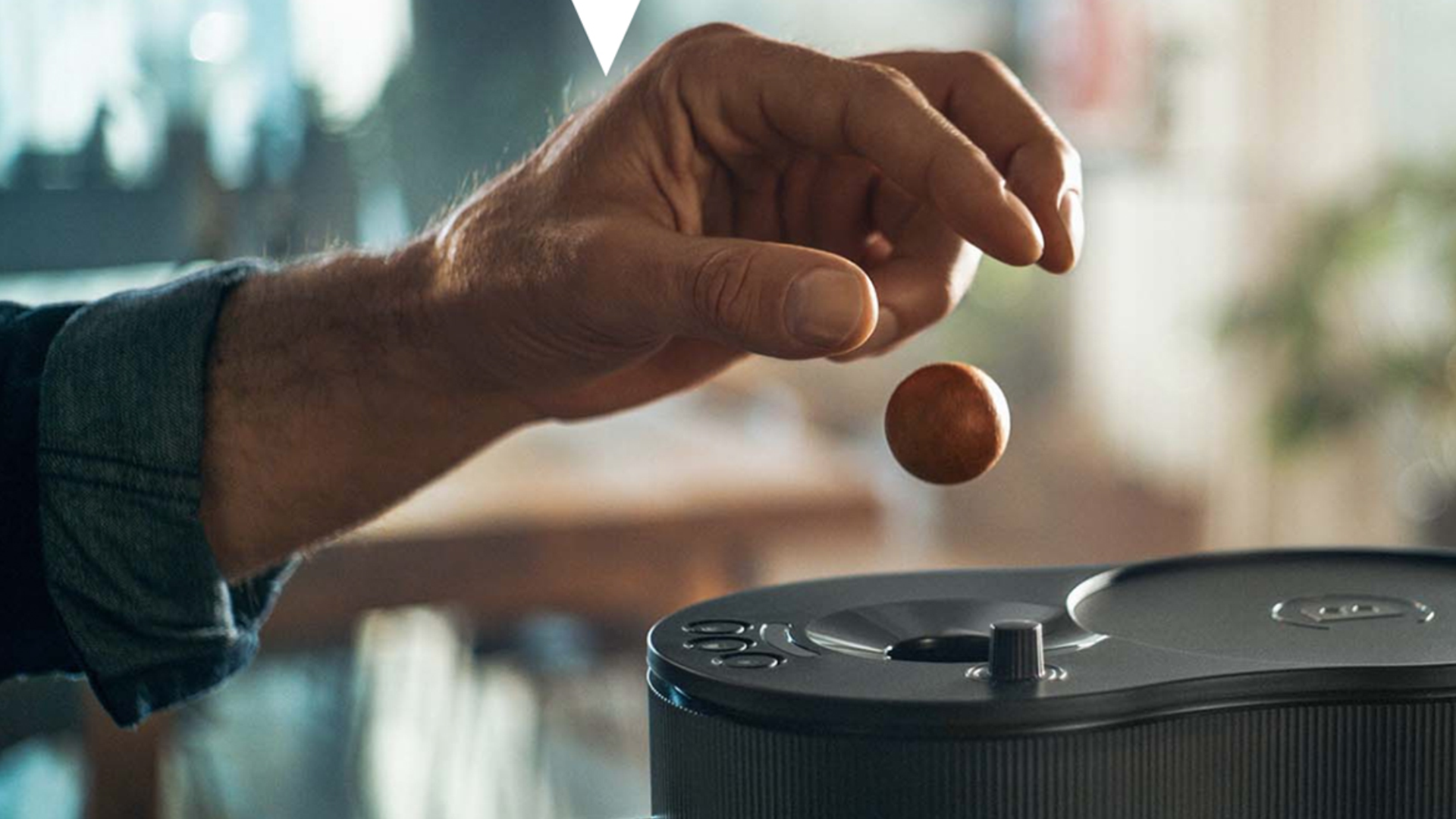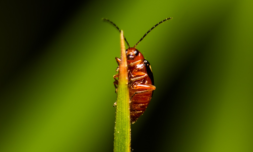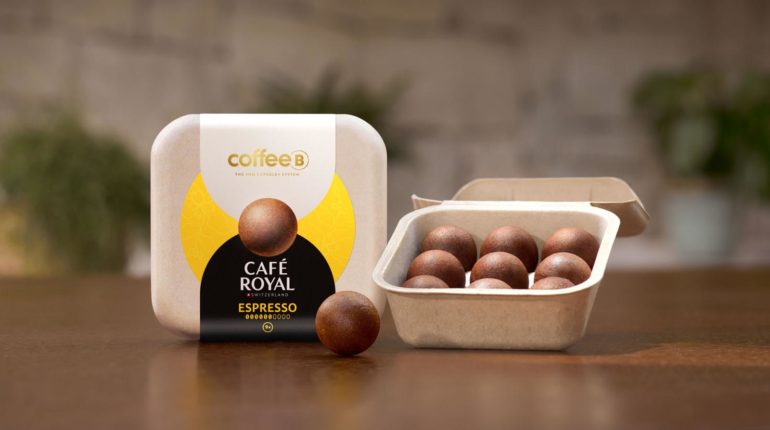Adopting a waste-free lifestyle is a major part of sustainability for the future. Eliminating single-use plastics from our daily routine is one of the lowest-hanging fruits, and one company has developed a way to make home and office coffee breaks completely compostable.
It’s hard not to notice the immense amount of waste created by the coffee industry.
Disposable takeaway coffee cups are notoriously difficult to recycle, which is why loads of cities have created specific bins for them in public areas. And though the more eco-conscious of us have already invested in reusable cups, some have simply stopped buying coffees altogether.
This is thanks to the advent of home espresso machines, which has made it far more common to achieve a decent quality cuppa without a visit to the nearest café.
While this cuts down on the demand for takeaway cups, the waste created by traditional, single-use aluminium or plastic coffee pods is almost unquantifiable.
At least 39,000 coffee machine pods are produced every minute and around 29,000 of these are destined to end up discarded in landfill sites. Pods made from plastic will take up to 500 years to break down and aluminium pods aren’t much better when not returned to manufacturers via recycling programs.
For many, giving up caffeine is non-negotiable. And the good news is that most of us are willing to jump through additional hoops to ensure the environmental impact of coffee consumption is as low as possible. Doing so may have just gotten easier, as Switzerland’s biggest retailer has launched an innovative coffee product that is completely waste free.























